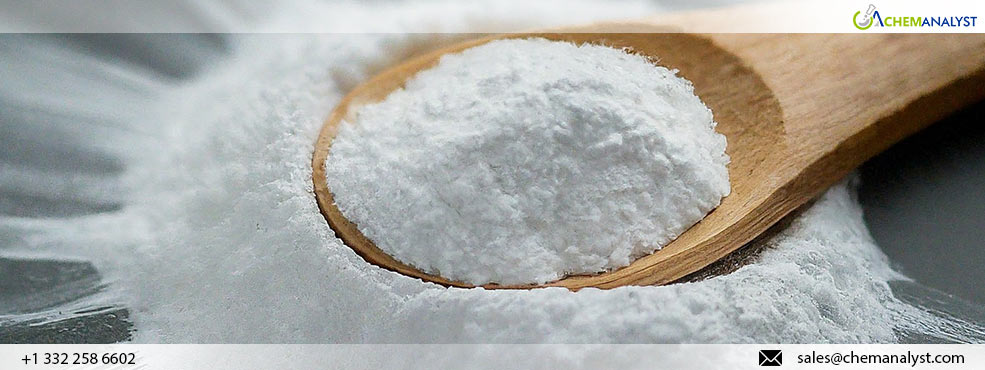Welcome To ChemAnalyst

The UK market for PTA (Purified Terephthalic Acid) had volatility in February 2024 where the month began on an upward trajectory due to increased transportation costs and ended on a stable note due to low downstream demand dynamics.
The force majeure of Alpek UK, impacting 220,000 tonnes of annual production, has caused a short-term surge in inquiries for European PTA producers as UK buyers seek alternative sources. However, this was expected to be a temporary phenomenon where prices for PTA remained unchanged during the last week of February 2024 to settle at USD 927/MT, PTA FD Southampton, UK. At Alpek's Wilton facility (220kta), a hold period was necessary due to a PTA shortage brought on by the Red Sea delays. As per the market sources, it was revealed that Alpek had no choice but to shut down the plant for 30 days after experiencing production problems since restarting. Despite the initial supply hiccup, the bigger picture reveals a weak overall demand for PTA. Cautious buyers and slow downstream consumer demand limit the potential for sustained price increases which accounted for stability in the H2 of February 2024.
However, at the beginning of February, one factor influencing an upswing for the PTA market was the Red Sea crisis-related supply disruptions. The prolonged crisis has delayed the arrival of import shipments from the Middle East and Asia, which directly affects the availability of PTA on the European market. While the current situation has tightened spot availability, restocking remains limited due to the weak underlying demand. Even though the immediate shutdown has caused a temporary disruption, the underlying market fundamentals point towards returning to a more stable pricing environment.
As per ChemAnalyst, the expected quotation for PTA is foreseen to revise higher in the UK market as the buyers accept smaller contract volumes in 2024 which leads toward less liquidity for spot demand, which allows producers to drive up prices and recover margin through March. Furthermore, OPEC+ will extend its production cap agreement and further restrict supplies if crude oil prices continue to rise, which might result in high production costs for PTA. Despite the relatively abundant availability of PTA, it is anticipated that polyester operating rates will gradually rebound in early March, hence increasing demand and the downstream transfer of inventories. It is anticipated that the PTA maintenance activities scheduled for March will help offset any build-up of inventory. If margins continue to narrow, further maintenance turnarounds might be necessary. The PTA forward curve is generally flat in the short term, but after May it experiences a slight backwardation for the rest of the year.
We use cookies to deliver the best possible experience on our website. To learn more, visit our Privacy Policy. By continuing to use this site or by closing this box, you consent to our use of cookies. More info.
